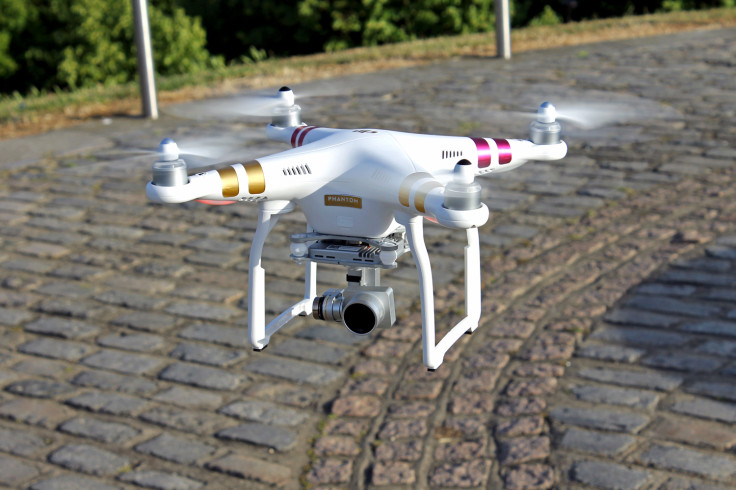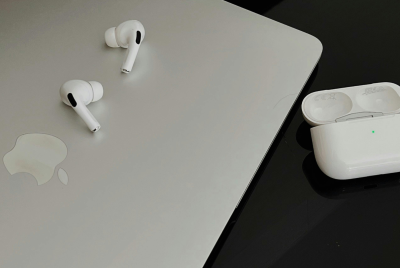Prisons warned about drone deliveries of drugs, weapons and phones to inmates

Prisons have been warned that drones flown by organised gangs are being used to deliver banned items such as drugs, mobile phones and potentially firearms to inmates by flying them over perimeter walls. The warning comes days after the UK handed down its first conviction for illegal drone flying.
Consumer drones, which cost from about £100 to £1,000 can be bought online or from a range of high street stores. They are easy to fly, able to carry small packages of up to 1.5kg, can be flown hundreds of metres away from their pilot, and offer flying times of up to 20 minutes per charge.
Although the threat is real and logistics of getting contraband into prisons relatively simple, the act of dropping packages over walls is, for now, a rare one. The Ministry of Justice confirmed there were four known attempts to fly drones into prison airspace in England and Wales in 2014.
Eve Richard from the National Offender Management Service told a defence and security conference in London that the use of drones is an "emerging threat", the Independent reported. "In a nutshell, our intelligence suggests that the use of UAVs [unmanned aerial vehicles] to release items into our prisons is an emerging threat," Richard said, adding: "It's not a huge issue at the moment but there is the potential for it to increase and become more of an issue."
Everywhere is vulnerable
Slides shown during Richard's presentation warned that the threat will increase as drone technology becomes cheaper and easier to use. She added: "All prisons are vulnerable – it doesn't matter where they are, it doesn't matter what type of prisoner they have, it doesn't matter what kind of security category they are. Everywhere is vulnerable because it is air space and as long as you can get [a drone] over the wall you are vulnerable."
Mark Icke, vice president of the Prison Governors Association, said: "What we've got happening in the prison system...we have younger, more advanced criminal networks operating in and around prison systems. We're talking about big, organised gangs, and they're not about disorder, they're about making money. There is a huge markup on drugs in prison."
Pilots found guilty of smuggling contraband into UK prisons can be punished with a sentence of up to two years behind bars.
In March, a drone was found tangled in barbed wire, having failed to deliver a package containing drugs and a mobile phone into the grounds of Bedford Prison. A second drone was spotted flying over HMP Long Lartin in Worcestershire at night, thought to be carrying out a reconnaissance mission, while another crashed into fencing at Liverpool Prison in early September.
On 15 September a man was fined £1,800 for nine drone-related offences and banned from flying or buying drones for two years. Nigel Wilson, 42, pleaded guilty to flying his drone over Anfield football stadium during a Liverpool match; he repeatedly flew it over crowded areas of the stadium; he also frightened nearby police horses which reared up next to pedestrians on a crowded walkway. He then posted the videos publicly on YouTube.
© Copyright IBTimes 2025. All rights reserved.






















